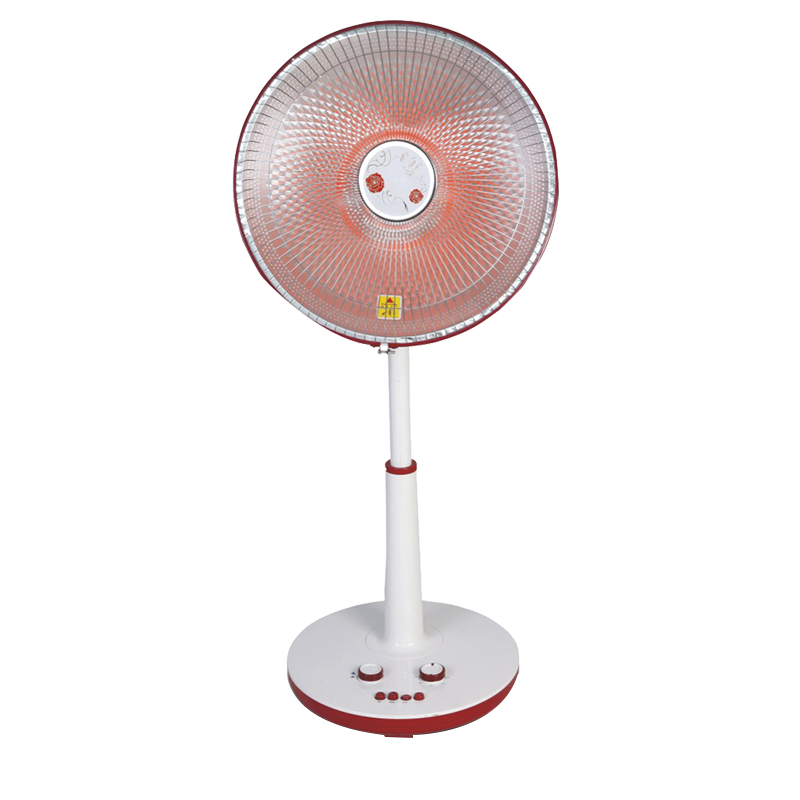Depending on their use, heaters can be classified into three types: convection, radiation, and radiant. Each type uses different principles of thermodynamics to transfer heat. The characteristics of these three types of heaters should be carefully considered before choosing the best one for your application. Here are some tips on choosing a suitable heater. You should consider the following factors when buying a heater:
Heating elements are generally made from either nickel or iron. Nichrome is the most common type, as it is made up of eighty percent nickel and 20 percent chromium. This alloy offers a high melting point and does not expand or oxidize at high temperatures. It also offers good resistance, and its melting point increases about ten degrees between room temperature and maximum operating temperature. Typically, heaters that use resistance wire have an insulated core.
If you're using space heaters to warm individual rooms, you may need to consider an electric model. A built-in fan will draw cold air into the heater, which is then pushed out. This convection system allows hot air to quickly warm up an area, but the trade-off is a higher electrical bill. Convection heaters are often better suited to closed spaces. They also operate silently. These units are not recommended for use in large spaces due to the potential fire hazard.
Radiant heaters are most effective when it comes to delivering precise spot heating. Radiant heaters transfer warmth and energy directly to objects in the room, a good example of which is a campfire. However, they struggle to keep up with a large room where people move around, because they are unable to warm anything outside of their directional view. And they are very expensive. Hence, you should consider your needs before choosing a heater.
The type of heater you choose depends on its use. Choose one with the correct watt density. Heaters can be either high-density or low-density, which means that they deliver the same amount of heat at different temperatures. High-density elements may achieve higher temperatures and may even burn prematurely. And if you are not sure, you can always run a thermal analysis. A high-density heater may be more suitable for some applications than others.
Remember to turn off your heater when you are not home. The reason is simple: air must flow into the heater's intake valve. If the air is not flowing in, it will burn and waste energy. And since it draws a lot of power, it should be plugged into a separate wall outlet. If you leave it on while you are away, it may overheat and cause a fire. Also, remember to turn off your heater when you leave the room.
The type of heater you choose depends on your needs and the room you plan to heat. Make sure you choose one that does not exceed your maximum heating capacity. You can also calculate the heater's BTUs or wattage by checking online. When you're done using it, turn it off to prevent it from overheating. However, some portable heaters may require some time to warm up. So, it's important to choose a model that fits your space perfectly.








